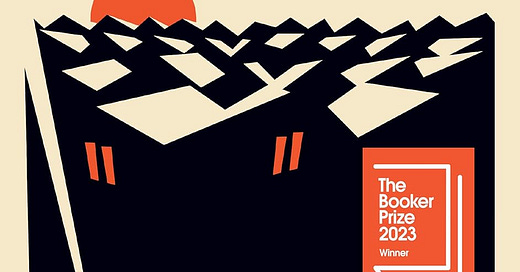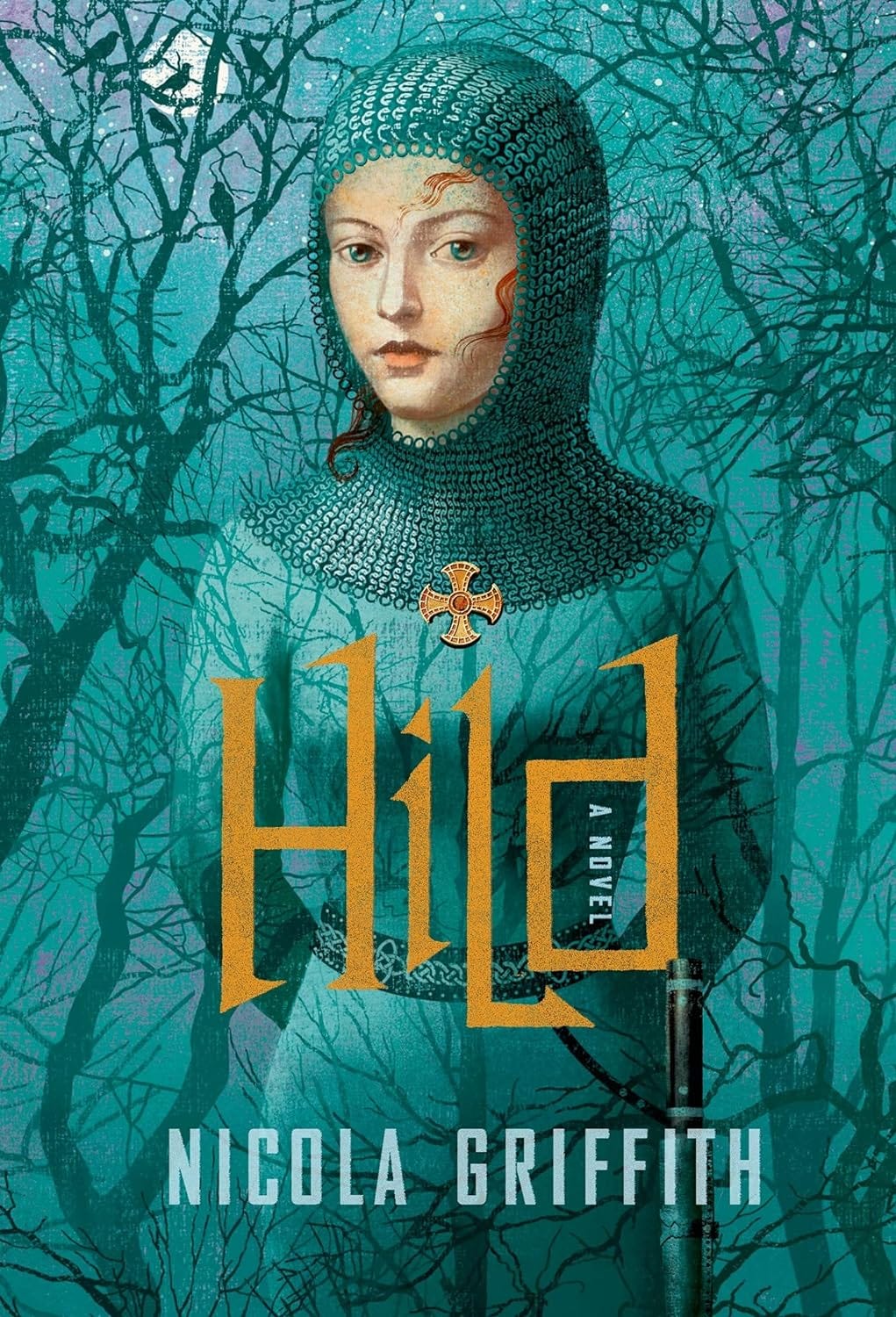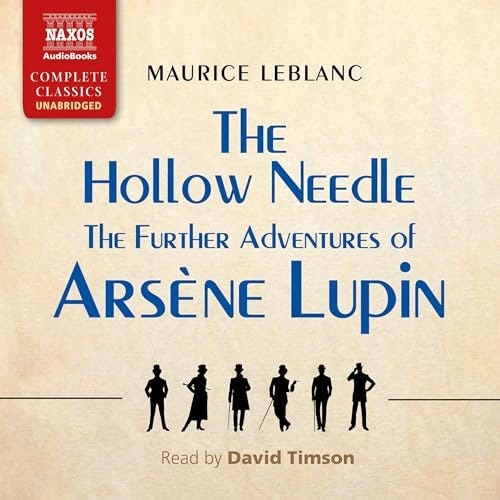What I Read:
Hild, Nicola Griffith
Prophet Song, Paul Lynch
The Bee Sting, Paul Murray
So Late In The Day, Claire Keegan
The Hollow Needle, Mauric Leblanc
Speak, Memory, Vladimir Nabokov
A Tale of One January, Albert Maltz
When We Cease to Understand the World, Benjamin Labatut
Eastbound, Maylis De Kerangal
The Wager, David Gran
What I’m Reading:
Blackouts, Justin Torres
Well, it has been a minute since of these. I’m not sure where to even start. I think I might’ve just fallen out of the practice a little bit — or other things just took up more of my time. Between working on a record and working on a book, my reading time has been somewhat compromised in the last year — certainly my time for writing about what I’m reading has gone out the window. So what you see listed is a bunch of books I’ve read since November. I’m not going to recap everything on that list above but I’ll give some highlights.
Carson has been working on illustrations for a picture book set in medieval Europe (or thereabouts). She has put a ton of research into the project; suddenly she was brimming over with information about the middle ages. We got to talking a lot about the great historical novels set in that period and she recommended I pick up Nicola Griffith’s Hild. I know it has some real hardcore fans out there and I will say that I appreciated the granular level of research that clearly went into its writing, but by the end of the book I’d determined it wasn’t quite for me. I can hear you asking: Then which historical novel set in the middle ages featuring a strong female lead character would you recommend, Colin? To which I would respond: Kristin Lavransdatter by Sigrid Undset.
Prophet Song by Paul Lynch won the Booker Prize this last year and boy, did it deserve it. The book is a gut punch, people. Set in a frighteningly recognizable near-future version of Ireland, we get to watch an ostensibly democratic republic devolve into autocracy and civil war. I could not put the thing down, but each page turn revealed a new horror, a new way in which this modern society is whittled down to nothing. Of course, the irony of this speculative fiction novel (some might even call it science fiction, I suppose) is that were you to simply swap out Ireland for, say, Syria or Sudan, the story becomes terrifyingly courant. There are vast swathes of the global population living amidst the horrors depicted in this book. It’s gutting. When I finished it, I threw it across the bed and stared at it, like it was a bomb about to detonate. It’s punishing, but I feel like it’s a mandatory read for our day and age.
I loved Paul Murray’s The Bee Sting; another book by an Irish writer named Paul that I couldn’t put down. I devoured it, all five million pages of it. The book is broken up into sections, each one detailing the inner life of a member of an Irish family. I don’t know about you, but I find books that do this tread a very delicate path: too often I’ve fallen in love with the tone and interiority of one character, only to find that the next one the book inhabits is not as compelling. Not so with The Bee Sting. Each of the family members felt real and human and I felt privileged to be living inside their minds — I felt deeply connected to each of them. The ending is tricky, I think, and it certainly stuck with me. It’s a bit of a puzzle. I always think of Kazuo Ishiguro’s revelation about Pale View of Hills: later in life, he regretted puzzling his readers with the ending of that particular novel, his debut. I think landing The Bee Sting in a way that would measure up to the mastery of the rest of its parts might require an inhuman adeptness — and so I forgive Murray for puzzling us instead.
Libro.fm, my favorite audiobook service, has been so kind as to put me on a special list where every month I get to download a handful of advance copies of new audiobooks in the hopes that I might spread the word. I suppose they think I have some kind of sway; I don’t intend to disabuse them of that illusion. The list is often pretty random and I have to admit: many of the books don’t necessarily appeal to me. But I will shout out the merits of Libro.fm itself to the high heavens! If you’re searching for an alternative to the Amazon-owned behemoth Audible, look no farther: when you sign up, you choose an independent bookstore and a portion of each of your purchases (or membership fee) will go to that bookstore. It’s really great. And being put on this list has led me down a few paths that I would not otherwise have tread: I really loved Sybille Bedford’s memoir Jigsaw, a book I would never have picked up if not for Libro — and last month I listened to both Albert Maltz’s A Tale of One January and Maurice Leblanc’s The Hollow Needle, courtesy of the generosity of Libro.fm. Two books could not be more unalike: Maltz’s book is the harrowing story of five escapees from Auschwitz; Leblanc’s is another episode in the saga of the anti-hero Arsene Lupin.
Maltz, I come to find out, was one of the Hollywood Ten, a group of playwrights, writers, and screenwriters who refused to cooperate with the House Un-American Activities Council back in 1947; he was blacklisted for most of his career because of this principled stand. A Tale of One January is a very efficient, intimate story. Maltz based a lot of it on the testimony of actual Holocaust survivors. It has the clean, taut storytelling of a stage play — I’m a bit surprised it hasn’t been adapted into one — and I was really carried along by it. The reader, Rupert Degas, does an incredible job nailing all of the character’s various accents — no small feat!
The Lupin story, on the other hand, was totally absurd. I’m not sure you’re aware of this character — I certainly wasn’t — but I’m given to understand he’s a bit of an institution in France. There have been films and TV shows adapted from Leblanc’s stories — one was even made recently. As far as I can tell, Leblanc developed this character, Arsene Lupin, at the end of the 19th century as a kind of answer to Sherlock Holmes. Lupin is the foil to the famous detective, the only villain who can dupe Holmes at every turn. Leblanc went so far as to use Doyle’s character in the Lupin stories, eventually leading Doyle to sue Leblanc for copyright infringement. Leblanc, undeterred, merely changed the name of Lupin’s nemesis to Herlock Sholmes. I shit you not. Anyway, The Hollow Needle was marvelously dated and totally outrageous in its plot contrivances and I could not begin to count the number of eyerolls it dragged out of me, but it was a lot of fun.
Nabokov! I’m not sure what inspired this re-read of the great lepidopterist’s childhood/young adulthood memoir, but I did. I had a thing for Nabokov in my twenties; I loved Lolita and Ada or Ardor. I don’t think I love him as much in my forties. I don’t know what to attribute that to. Carson was reading Pnin at the same time and we both kind of came to the same conclusion. Maybe I expected to love Speak, Memory as much as I did when I first read it and was surprised when I didn’t. Alas.
Quick, now: When We Cease to Understand the World was fascinating; I picked it up at random at Annie Bloom’s bookstore in SW Portland because I have a thing where the penalty for walking into any independent bookstore is that I cannot leave without buying a book. That’ll teach me! The first chapter alone had me reading stuff aloud to my family — learning about the connection between the discovery of Prussian blue, a pigment that revolutionized the art world, and cyanide, one of the most potent poisons in the world, was super illuminating and strangely moving. Eastbound is a book published by the very great independent house Archipelago and is about the intertwined fates of two people riding the Trans Siberian Railway. A very quick read — you can manage it in an afternoon — and I have a place in my heart for that sort of book.1 The Wager is a seafaring book that I’m sure has found its way on to every retired bank manager’s shelf, alongside those Nathaniel Philbrick hardcovers and Patrick O’Brian novels, and I, while not being a retired bank manager, am here for it. I dug it!
Currently reading Justin Torres’s novel Blackouts, principally because it was the champion in the Tournament of Books, a yearly March Madness-style competition that the folks at The Morning News stage every year. And though I don’t always agree with the outcome of that particular championship (the organizers themselves admit it’s a totally outrageous conceit), I always figure that the winner must be excellent on some level. I was sad that The Bee Sting did not advance farther, but was somewhat chuffed that The Librarianist was taken down a few pegs, a book which I did not care for at all (sorry, Patrick! I love your other books, really!).
How about you? What’s currently weighing down your backpack, giving you chronic shoulder problems that will hound you for the rest of your life?
Claire Keegan’s So Late in the Day is another one of those great single-afternoon reads!

















You remembered wrong - I actually love Pnin. But it didn’t seem very Nabokovian. I don’t think I can deal with the others. They are too much for me.
A Psalm for the Wild-Built by Becky Chambers moved me to exquisite tears….. haven’t had a book do that to me in some time.
Other wonderful reads as of late:
Shadow of the Wind by Carlos Ruiz Zafón
Children of Time by Adrian Tchaikovsky